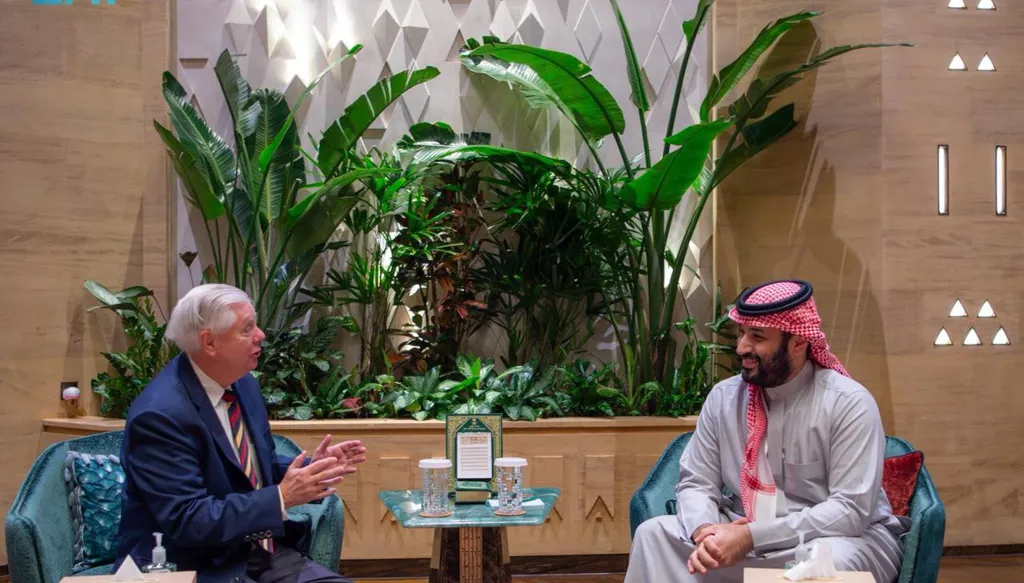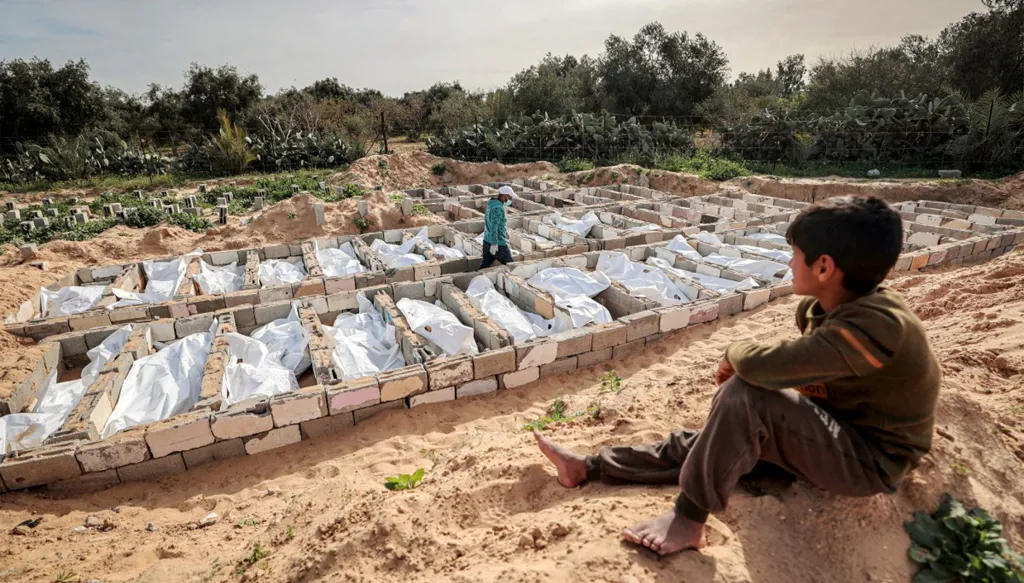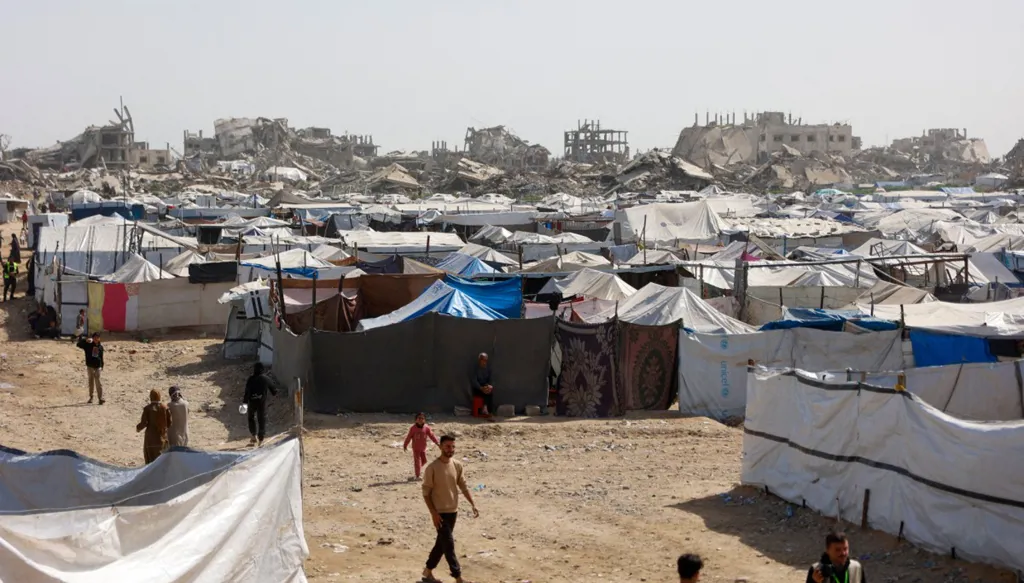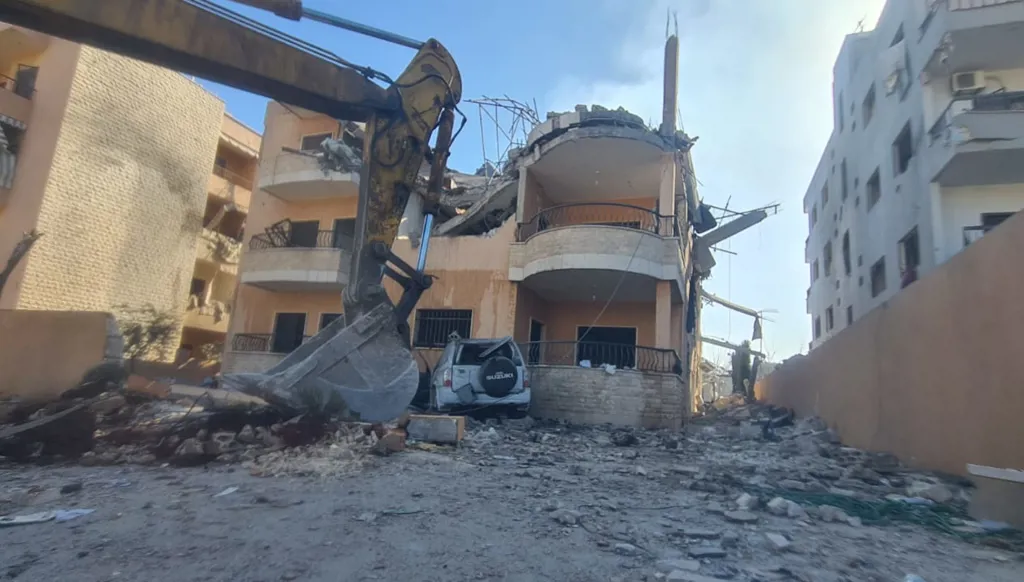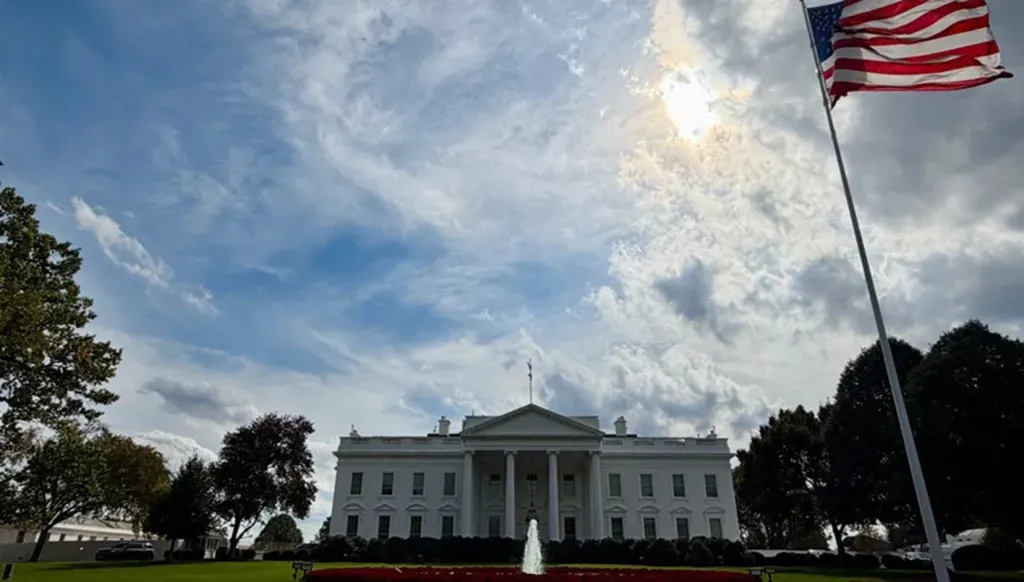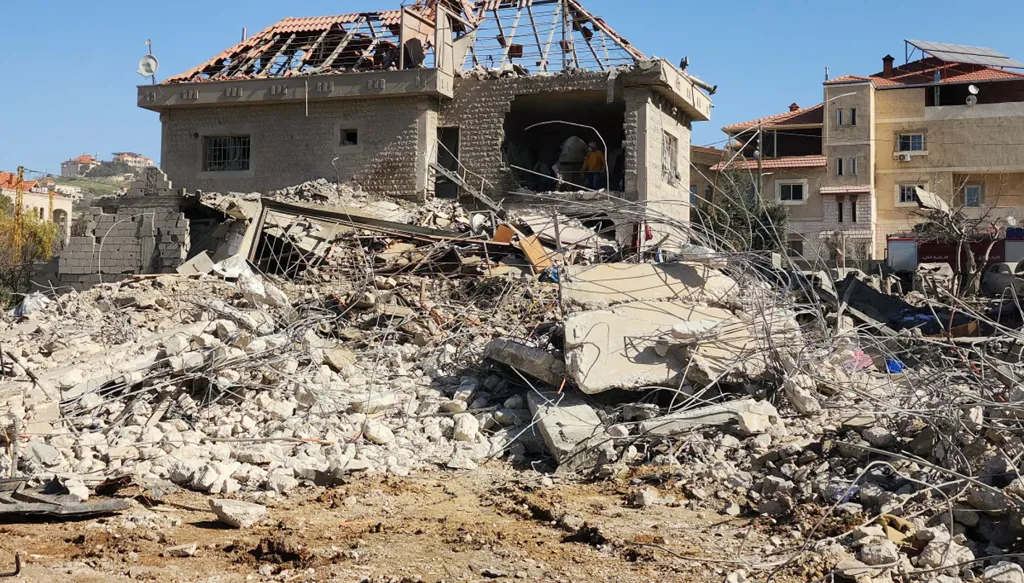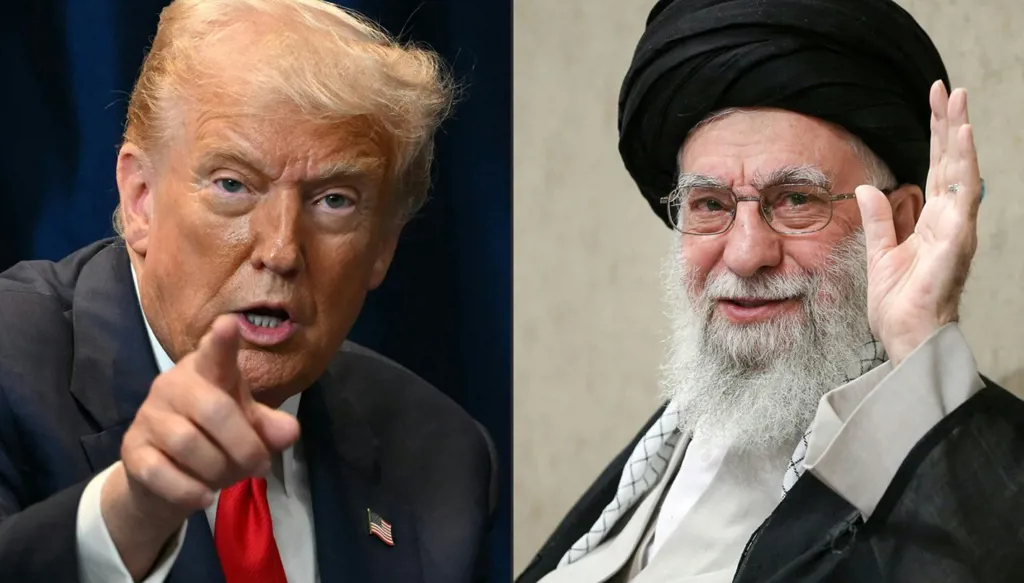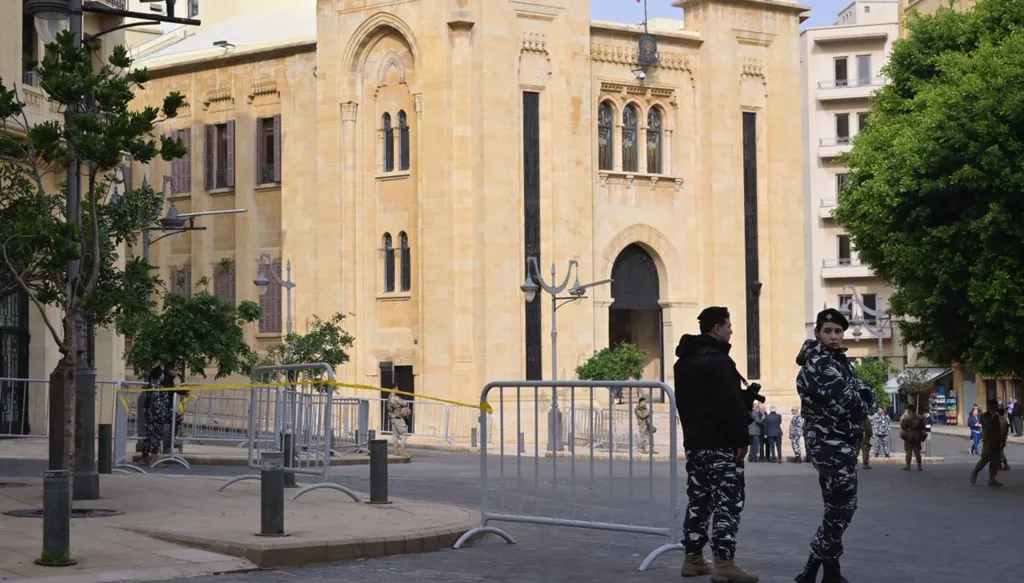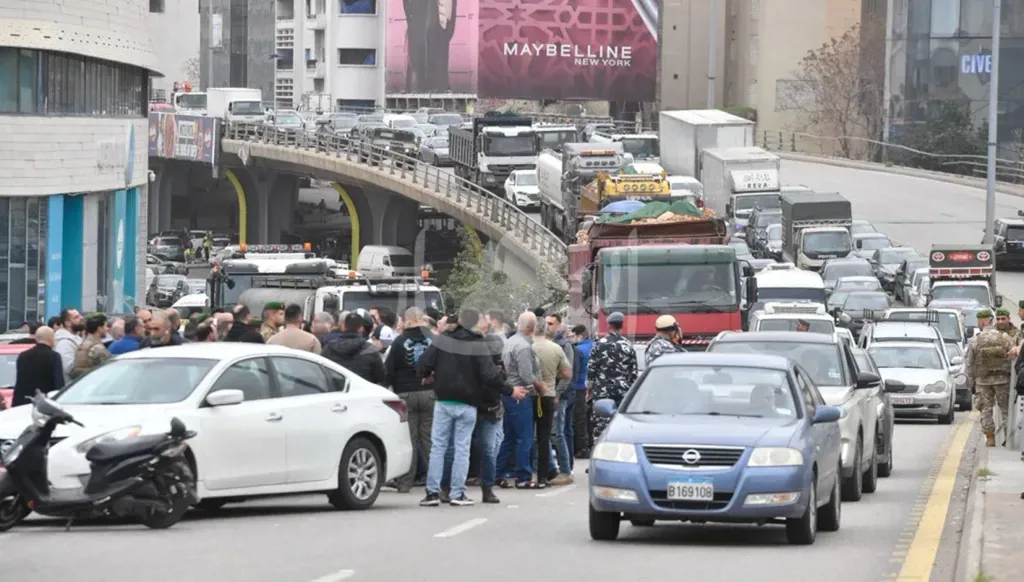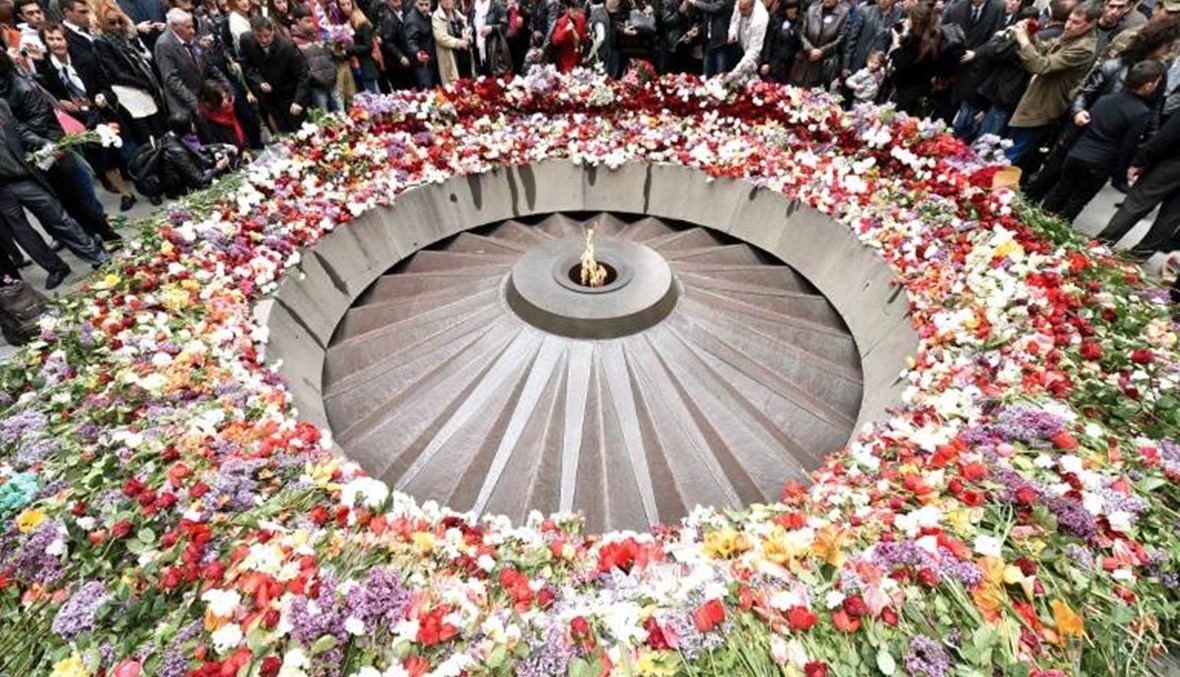
We often speak of the #Armenian Genocide as a question of much reckoning. But is the positioning of any genocide as a “question” not a contentious statement in of itself?
Yes, rightfully so, this year of 2019 has seen important developments on the cause of recognition. On February 5, the French President made April 24 a national remembrance day in France. The recognition vote at the Italian Parliament Chamber of Deputies passed on April 10, with 382 votes for, no votes against, and 43 abstentions. On April 26, the Parliament of Portugal passed a vote of regret in favor of recognition.
While momentum for recognition is on the rise, defensive outcry from the Turkish leadership has crept up. The Ministry of Foreign Affairs issued a press release on April 11, condemning the moves made by France and Italy. The statement dismissed the authenticity of the decision by French President Emmanuel Macron, positioning it as a follow-through on an electoral strategy in 2017 to win Armenian votes during his run for the presidency. The statement included an underlying warning that this “attitude […] will impact [France’s] relations with Turkey in a negative way.” The Ministry also expressed surprise at the drafting of the resolution by the Lega Party in Italy, stating such actions show the Party’s commitment to “sabotaging relations between Turkey and Italy.” Let us see what they have to say in light of Portugal’s latest vote.
But Turkish policy is not so black and white. I was recently in Istanbul for the private opening on April 23 of the 23,5 Hrant Dink Site of Memory. Journalist and free thinker, Hrant Dink was murdered on January 19, 2007. The tribunal for justice against his assailants is painfully slow, but still ongoing. During the re-opening of this assassination stage, Istanbul Municipal Police proved to be collaborative and were present to provide security. The two-day opening was civil, encouraging, and much-needed. There was no civic disorder, and that speaks incredibly to the vision of Hrant Dink and the former newspaper, Agos, to champion a peaceful Turkish-Armenian identity and existence.
And yet, the next day on April 24, as I was heading over to Sultanahmet Square for the genocide commemoration gathering, I received word that the roads were blocked by security forces. The press conference did not take place. Armenian community leaders pleaded to re-open the roads for civil gathering. Unfortunately, the estimated 50,000 Turkish-Armenian citizens living in Turkey were not granted the space to convene in peace.
Turkish domestic and foreign policy is increasingly weakening the credibility of a non-recognition policy. There is a defensiveness, and almost childlike cry-out, in the press release of the Ministry of Foreign Affairs that feels a bit deviant from the more typical matter-of-factly tone of previous statements released by the Republic.
Today, it is politically-opportune to be in favor of recognition of the Armenian Genocide. It is politically easier to take a stand for never-again. Lobbying and interest groups are, rightly so, effectively positioning themselves.
Those of us on the right side of humanity are all for seeing a wave of recognitions, and certainly not just for the plight of the Armenian nation. As the Armenian Diaspora, we have a critical role to play in elevating our leadership and soft power. We must do so with elegance and strategic thinking, and not lower ourselves to anything less worthy. We must not risk becoming tactical in the face of this political window and reduce the dialogue on genocide to that of an opportune question.
We must disrupt the discourse on the Armenian Genocide. Intellectual postulations and passive nods of heads have no place in a needed world of action. Many questions beg to be acknowledged and presented to guide a new dialogue: Are we having the right conversations and debates to begin with? Why do we turn to the default mechanisms of political and judicial systems, and continue to expect them to be the most appropriate stages for human outcry and action?
Can we accept that political opportunism plays a more compelling lobbying role than what is right and just for humanity? Why do we need to point out the opportunity to recognize when there has always been the space to deeply understand, immerse, and act? And as I raised the question back in August 5, 2018, during the fourth commemoration of the Yazidi Genocide: Why are we accepting to put genocide on the defensive?





 مسنجر
مسنجر
 واتساب
واتساب
 ثريدز
ثريدز
 بريد إلكتروني
بريد إلكتروني
 الطباعة
الطباعة
 تويتر
تويتر
 فيسبوك
فيسبوك


